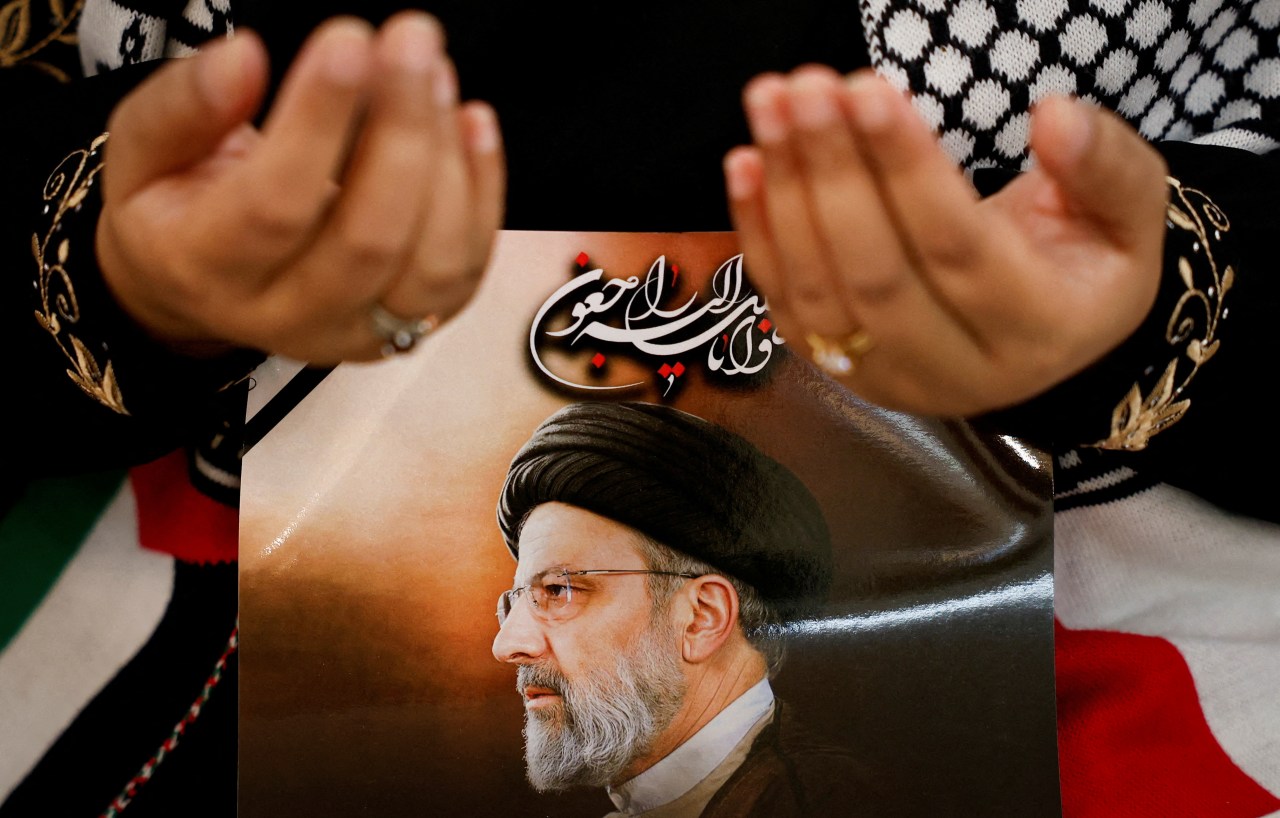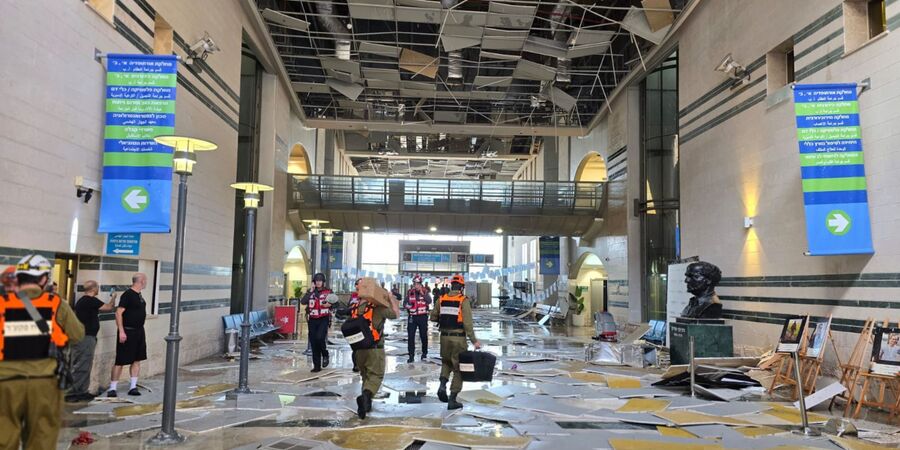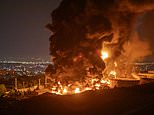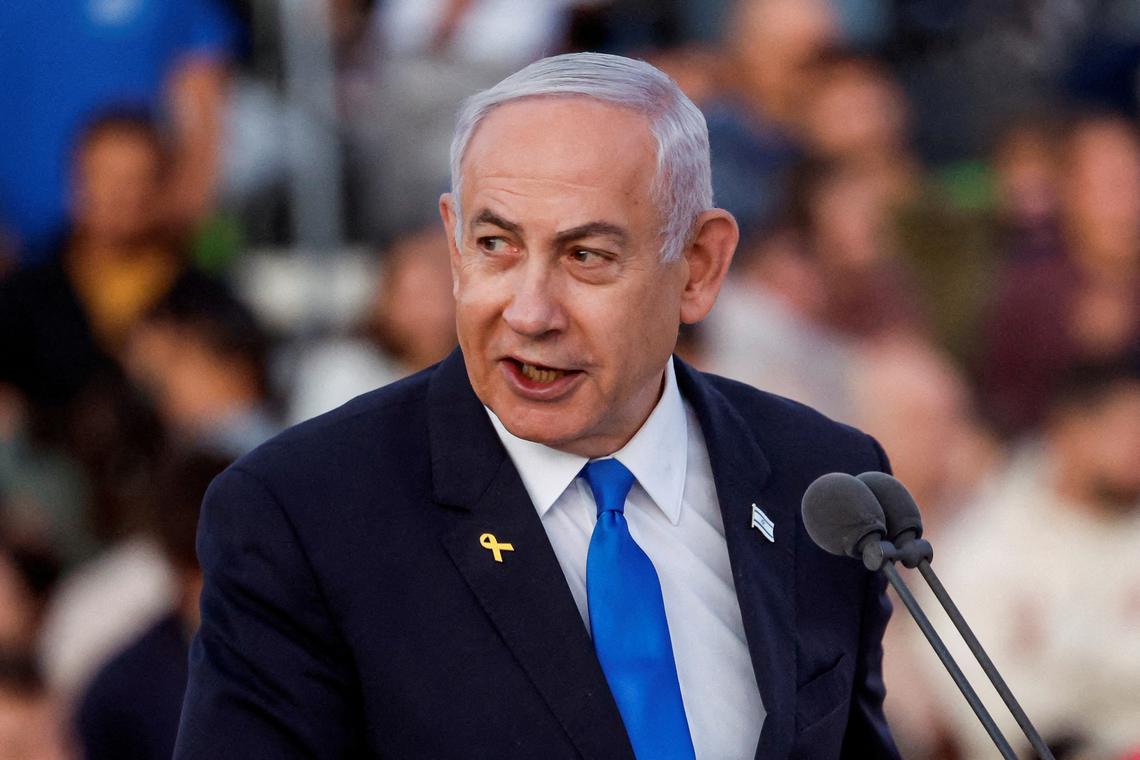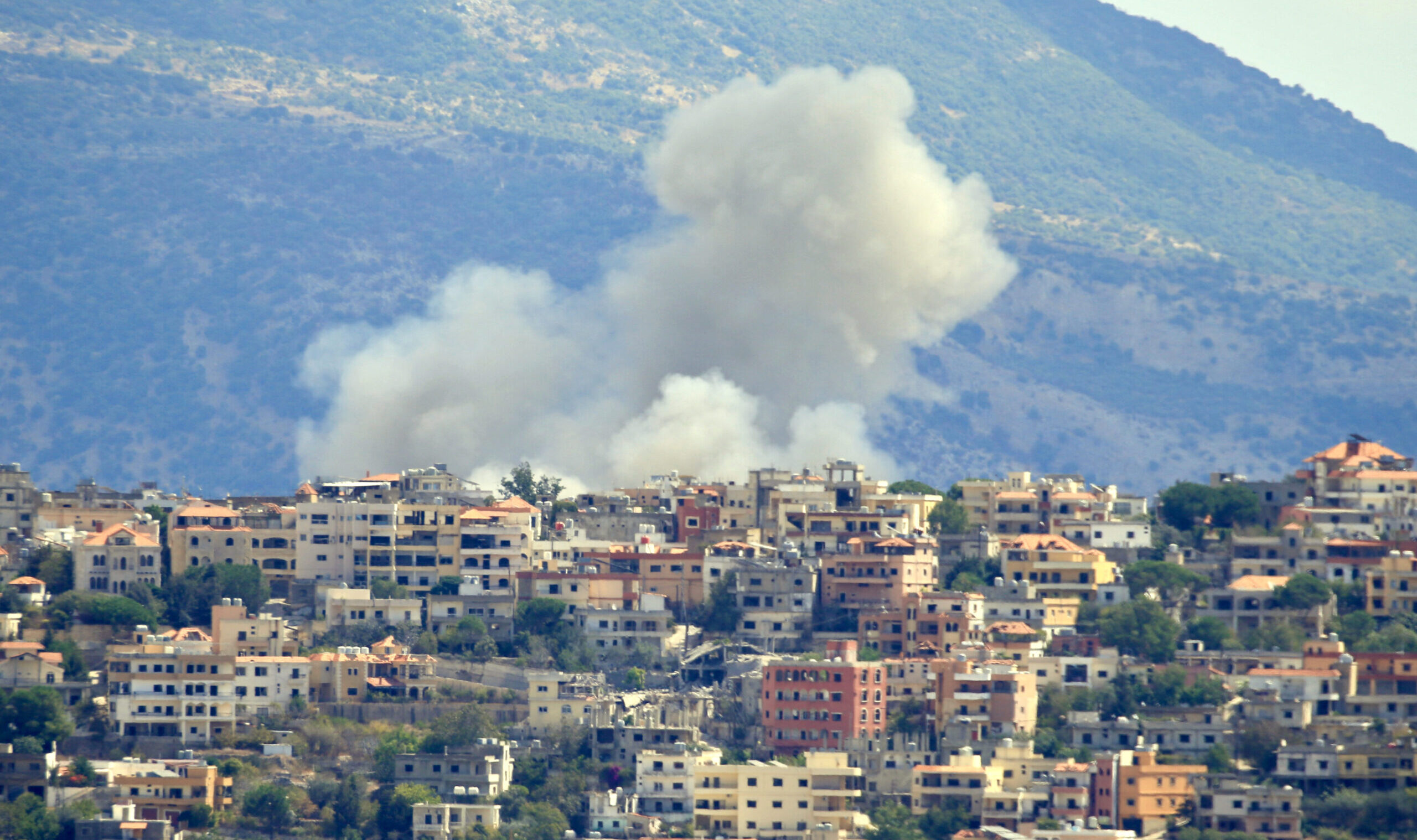Haniyeh — who was in Tehran to attend the inauguration of President Masoud Pezeshkian — was killed by an Israeli strike on his guest house overnight, Hamas said in a statement Wednesday. The death came hours after Israel said it killed a Hezbollah commander in Lebanon and just months following the death of a senior general of Iran’s Islamic Revolutionary Guard Corps in Syria, which Tehran blamed on Israel.
Given Haniyeh was on Iranian soil and had hours earlier been shown live on state TV applauding Pezeshkian, his assassination is deeply embarrassing for Iran’s intelligence services, and in particular Supreme Leader Ayatollah Ali Khamenei and the IRGC.
As Haniyeh’s host, Iran has a “duty to seek vengeance” for his death, Khamenei said in a statement read on state television. Israel’s “murderous and terrorist Zionist regime” should expect a “severe punishment,” he added. Israel hasn’t claimed responsibility for the attack.
You may be interested
Iran is a major state supporter of Hamas, which has been at war with Israel in Gaza since its militants attacked the country on Oct. 7. Alongside Lebanon-based Hezbollah, the Houthis in Yemen and the Palestinian Islamic Jihad, the group makes up a so-called axis of resistance against US and Israeli interests in the region. All are embroiled to various degrees in conflicts with Israel.
Read More: How Israel and Iran Came to Brink of Full-Fledged War: QuickTake
Iran’s top intelligence and security officials will now be assessing their next move. They need to decide whether to respond in a calibrated way that again avoids a full-scale war or if the Haniyeh killing crosses a line, making it imperative that they restore their image in the region.
Iran’s Mission to the United Nations said on X the retaliation would be in the form of “special operations,” suggesting a limited response. Iran has tended to conduct missile strikes on Israeli or US military bases in past retaliatory moves.
“The attack shows the gaping hole in Iran’s intelligence and security apparatus that is leaking information and is hugely embarrassing for Tehran,” said Sanam Vakil, director of the Middle East and North Africa Program at Chatham House. The breach is especially bad as it comes just days after Iran’s outgoing Intelligence Minister Esmail Khatib said Tehran had curtailed the influence of Israeli intelligence inside the country, she said.
One explanation for the major security lapse can be found in a 2021 statement by Ali Younesi, a former Iranian intelligence minister. In an interview with Jamaran News, he said that “new and competing intelligence services” founded in the early 2010s had severely undermined the Ministry of Intelligence and directly contributed to the infiltration of Israel’s Mossad inside Iran.
Iran has been on the cusp of a direct war with Israel already this year — when it launched an unprecedented missile barrage in response to the April Damascus attack. Israel retaliated in a limited fashion, which served to draw a line under the skirmish for the time being.
Complicated Start
The attack has complicated the start of Pezeshkian’s presidency, which comes after the death of former premier Ebrahim Raisi in a helicopter crash in May — an incident that also raised questions about Iran’s ability to secure the safety of the country’s most important officials.
As a reformist, 69-year-old Pezeshkian has pledged to push the US to lift sanctions and restore economic ties with the rest of the world, ambitions that will now be even harder to get past Iran’s anti-West hard line establishment. The audience at Pezeshkian’s inauguration chanted “death to Israel” at moments during his speech.
Read More: What Election of Iran Reformist Means for the Region: QuickTake
Haniyeh had already visited Tehran on at least three other occasions since the Oct. 7 attack on Israel, when Hamas-led militants killed around 1,200 people. Israel’s retaliatory offensive has left almost 40,000 Palestinians dead, according to health authorities in Hamas-run Gaza, and left much of the territory in ruins.
Since 2007, Israel has been thought to be behind a slate of assassinations of Iranian nuclear scientists, most of them involving gunmen mounted on motorbikes.
The most dramatic of those came in November 2020 when Mohsen Fakhrizadeh, a nuclear physicist considered the brains behind Iran’s nuclear program, was killed by remote-controlled machine gun when he was driving down a highway on Tehran’s outskirts, Iranian state media reported at the time.
Fakhrizadeh’s death came almost a year after then-US President Donald Trump ordered a drone strike on Iran’s most powerful general, Qassem Soleimani, while he was visiting Iraq.
On Wednesday, Iranian state TV played clips of Haniyeh’s tribute to Soleimani during his 2020 funeral.
“For Pezeshkian, it’s of course a very bad first day for a new president who was trying to put forward a more open and engaging agenda,” Vakil said. “This will be compromised by Iran’s need to respond to a breach of security and sovereignty on its territory.”

